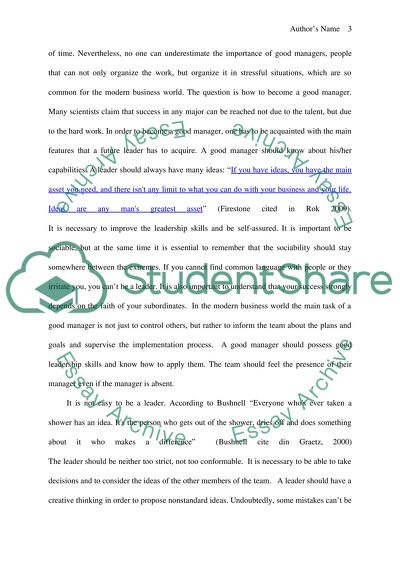Cite this document
(The Major Leadership Theories - Their Pluses and Minuses Literature review, n.d.)
The Major Leadership Theories - Their Pluses and Minuses Literature review. Retrieved from https://studentshare.org/human-resources/1487899-leadership-theory
The Major Leadership Theories - Their Pluses and Minuses Literature review. Retrieved from https://studentshare.org/human-resources/1487899-leadership-theory
(The Major Leadership Theories - Their Pluses and Minuses Literature Review)
The Major Leadership Theories - Their Pluses and Minuses Literature Review. https://studentshare.org/human-resources/1487899-leadership-theory.
The Major Leadership Theories - Their Pluses and Minuses Literature Review. https://studentshare.org/human-resources/1487899-leadership-theory.
“The Major Leadership Theories - Their Pluses and Minuses Literature Review”, n.d. https://studentshare.org/human-resources/1487899-leadership-theory.


